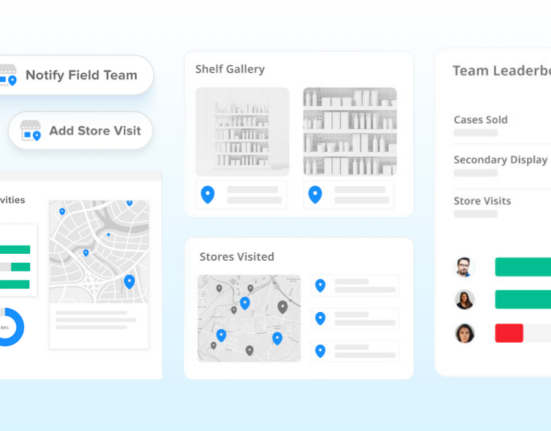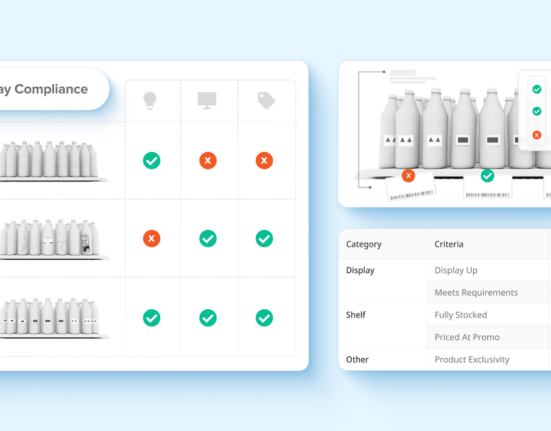In the competitive fast-moving consumer goods (FMCG) sector, leveraging integrated sales data is essential for crafting smarter, more responsive strategies. By synthesizing information from various sources, brands gain a comprehensive view of the marketplace, enabling them to make data-driven decisions that enhance performance and profitability.
The Importance of Data Integration
The integration of sales data involves combining information from multiple channels—such as point-of-sale (POS) systems, e-commerce platforms, and market analytics—to create a unified database. This holistic view allows brands to identify trends, track performance, and adjust strategies swiftly to meet consumer demand. According to a study by the Aberdeen Group, companies with integrated data average a 15% increase in sales productivity.
Challenges in Data Integration
Despite the clear benefits, many companies face challenges in data integration due to disparate systems, inconsistent data formats, and data silos. Overcoming these challenges requires robust technology solutions that can aggregate, standardize, and analyze data effectively.
Technological Solutions for Data Integration
Advanced software solutions, particularly those offering closed-loop functionality or integrations with ERPs, are pivotal in overcoming data integration hurdles. These tools not only streamline data collection and integration but also provide actionable insights through advanced analytics. They enable brands to predict consumer behavior, optimize inventory levels, and tailor marketing efforts to increase engagement and sales.
Driving Sales and Operational Efficiency
Integrated data not only helps in refining sales strategies but also enhances operational efficiencies. It facilitates better supply chain management by predicting demand more accurately, thus reducing the costs associated with overproduction or understocking. For sales teams, having access to integrated data means being able to provide personalized customer service and improve engagement tactics.
Conclusion
As the retail landscape grows more complex, the integration of sales data stands out as a critical strategy for FMCG brands aiming to stay ahead. The ability to swiftly adapt and respond to market changes based on comprehensive data insights can set a brand apart in a crowded market.
How Wiser Can Help
Wiser’s Retail Execution platform offers powerful tools for integrating and analyzing sales data, providing brands with the insights needed to optimize their retail execution. Our solutions ensure that your data is not only integrated but transformed into strategic asset that drives decision-making and growth. Wiser’s technology equips sales teams with the data they need to predict trends, personalize customer interactions, and execute with precision, ultimately enhancing both customer satisfaction and sales outcomes.














